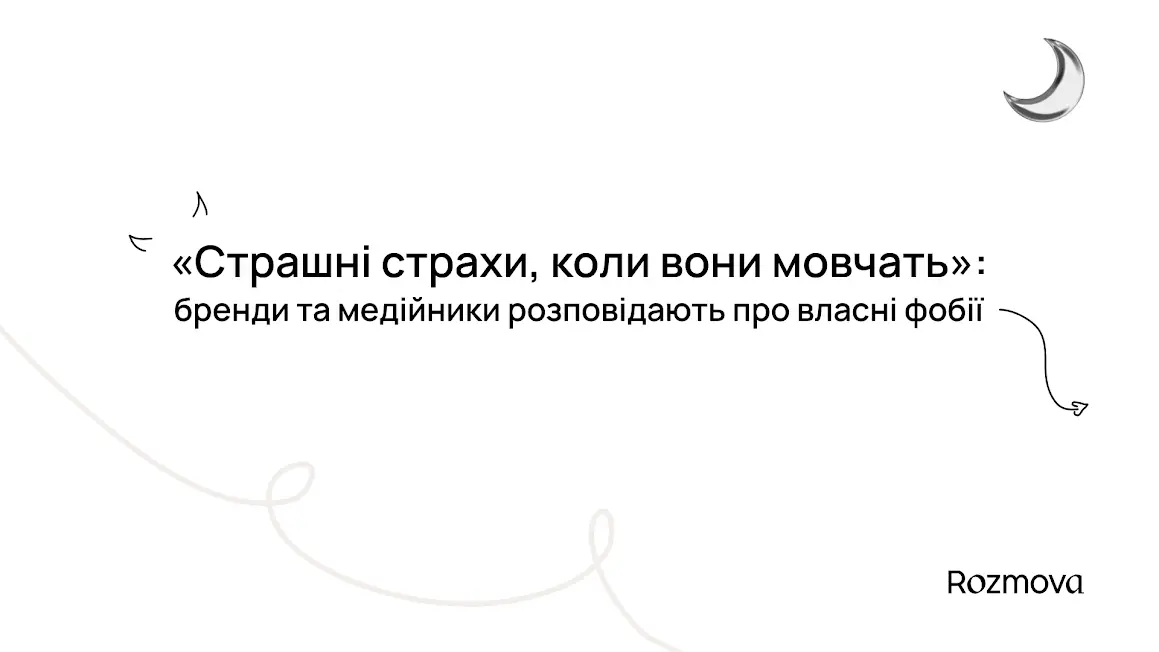Could Elections Take Place in Ukraine in 2025?

And Who Might Participate?
In October 2023, an article in The Economist sparked significant discussion among the Ukrainian public and political analysts. The publication suggested that elections in Ukraine could be held as early as May 25, 2025, provided that the political and security conditions allow. The article explored potential political developments and highlighted various challenges, including questions about the legitimacy and necessity of elections during wartime.
Why Might Elections Take Place in 2025?
Despite martial law, several reasons make holding elections in 2025 plausible. Here are a few:
End of Presidential Term and Constitutional Obligations
The Ukrainian Constitution mandates elections upon the completion of a presidential term. To avoid accusations of violating the Constitution, the president may need to temporarily lift martial law to establish a legal basis for voting. This would also provide the current president with an opportunity to reaffirm his mandate.
International Pressure and the Need to Uphold Democratic Processes
Western allies, including the EU and the United States, view the preservation of democracy as a priority, even during war. For Western countries, democracy is a crucial factor justifying their support. Analysts suggest that these partners may encourage Ukraine to hold elections, as they seek a leader with a confirmed mandate.
Political Influence and the Need for Electoral Legitimacy
Elections may serve as a tool for the government to demonstrate popular support amidst the ongoing war. A president with a renewed mandate would have increased authority both domestically and internationally, which is critical for diplomatic negotiations and sustaining international support for Ukraine. Despite the challenging wartime situation, civil society's desire to preserve democracy strengthens arguments for elections.
Signs of Electoral Preparation
According to The Economist, certain political actions in Ukraine may signal preparation for an electoral process. Recent anti-corruption initiatives and an increased focus on social policies could be seen as indicators of upcoming elections. Analysts view these actions as a form of “pre-election populism” aimed at maintaining public trust in the government.
Obstacles and Risks of Holding Elections
Despite certain preparations and international pressure, holding elections in 2025 faces numerous challenges and risks:
Martial Law and Security Concerns
The primary obstacle is martial law, which prohibits elections. To proceed with the electoral process, martial law would need to be temporarily lifted, which poses security risks, including the potential for escalated military actions. Lifting martial law could be exploited by Ukraine's adversaries to destabilize the situation.
Challenges in Organizing Voting Abroad and at the Frontline
Millions of Ukrainians, whether abroad or on the frontline, must have the opportunity to vote. Ensuring polling stations in countries hosting refugees and organizing voting for military personnel requires resources and thorough planning. This issue also involves security risks, as voting facilities on the frontlines could be targeted.
Influence of russian Information Operations
Elections held during wartime could become a target for russian propaganda, as russia actively interferes in Ukraine’s information space. Under limited informational security, organizing elections may fuel disinformation and manipulation, affecting election outcomes and undermining trust in the electoral process.
Economic Conditions and Questions of Legitimacy
Conducting elections during wartime raises debates over their legitimacy. Some citizens might find it inappropriate to allocate resources to elections instead of defense efforts. Additionally, international partners may not recognize the elections as legitimate under such difficult conditions, which could impact global support.
Potential Candidates: Zelenskyy, Zaluzhnyi, and Others
Volodymyr Zelenskyy
The current president remains a central figure in potential elections. His standing will depend on the success of his commitments to the public, particularly on anti-corruption reforms and social policy. Despite high public support, Zelenskyy may face criticism for mobilization tactics and inadequate public information at the conflict's outset.
Valerii Zaluzhny
Former Commander-in-Chief of the Armed Forces of Ukraine, Valerii Zaluzhnyi, has gained popularity as a symbol of military leadership. His image as a “protector” could play a vital role in elections, especially among military personnel and veterans. However, critics may point to territorial losses and an unsuccessful counteroffensive, influencing the electoral campaign.
Other Potential Candidates
Other possible candidates include various opposition leaders, representatives from civil society, and business figures who might seek to address Ukraine’s economic recovery and institutional reforms.
Conclusion
Whether elections can take place in 2025 remains uncertain due to complex political and military circumstances. On one hand, significant international pressure and constitutional obligations encourage elections. On the other, security risks and economic challenges present obstacles to organizing a democratic electoral process.
Elections under such conditions would have far-reaching implications for Ukraine. They could reaffirm its democratic principles, bolstering international support. However, holding elections amid instability and war risks manipulation and interference from russia, potentially undermining trust in democratic institutions.
The success of these elections will hinge on Ukraine’s ability to ensure security, conduct an information campaign, and prepare the infrastructure needed for wartime voting.









